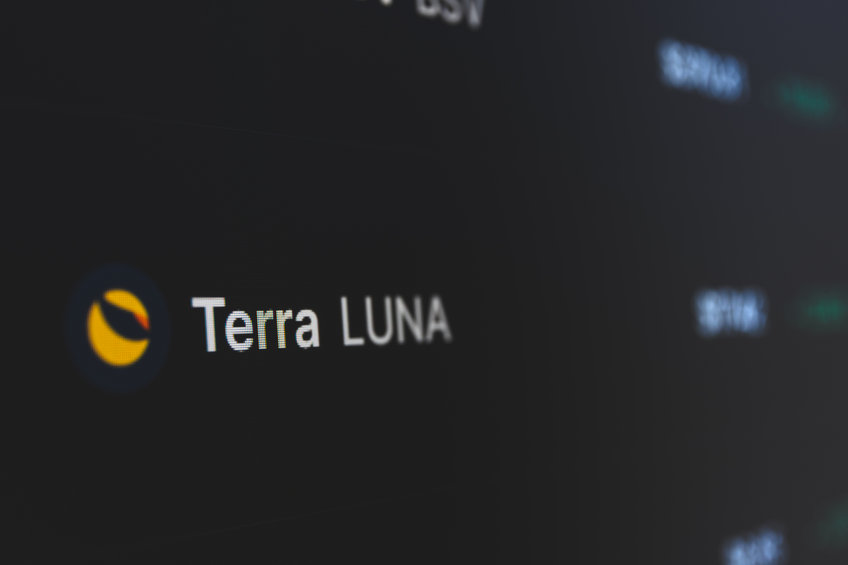
Once again, the price of Terra (LUNA) is has soared past $55 as it attempts to regain a bullish trend.
At the time of writing, it was trading at $61.56 up 13.18% in the last 24 hours and it has hit a daily high of $63.99 and a daily low of $52.71.
Why Terra (LUNA) is surging?
One of the main reasons for Terra (LUNA) price surge is the recent raising of $1 billion by Luna Foundation Guard (LFG) through an over-the-counter sale of LUNA to form a UST reserve in Bitcoin.
For a background, LFG is a non-profit organization that was launched in early January 2022 to facilitate Terra ecosystem growth.
Some of the participants of the LUNA sale include the Three Arrows Capital, Jump Crypto, DeFiance, Tribe Capital, GSR, and Republic Capital among others.
Claims are that LFG chose Bitcoin-dominated Forex Reserve because it is less correlated to the Terra ecosystem.
How the UST reserve works
Terra native stablecoin UST is a popular algorithmic stablecoin in the DeFi ecosystems that does not use collateral to maintain its price and is the first of its kind and it has a market capitalization of more than $22 billion.
According to Terra:
“When the demand for Terra is high and the supply is limited, the price of Terra increases. When the demand for Terra is low and the supply is too large, the price of Terra decreases. The protocol ensures the supply and demand of Terra are always balanced, leading to a stable price.”
New Terra-based stablecoins can be minted by burning LUNA tokens or burning UST to mint LUNA. But the challenge is the hypothetical risk of a ‘bank run’ Scenario and its reflexive nature.
Concerning the choice of Bitcoin as a reserve asset, LFG said:
“Although the widespread adoption of UST as a consistently stable asset through market volatility should already refute this, a decentralized Reserve can provide an additional avenue to maintain the peg in contractionary cycles that reduces the reflexivity of the system.”

